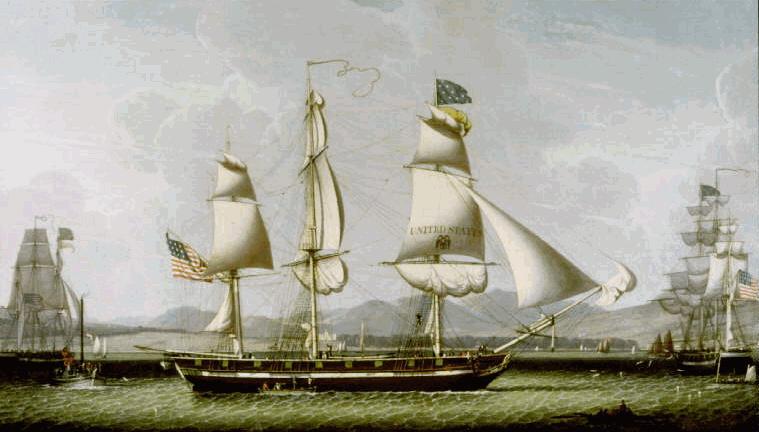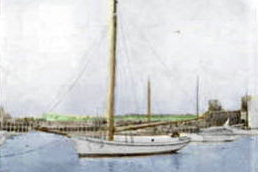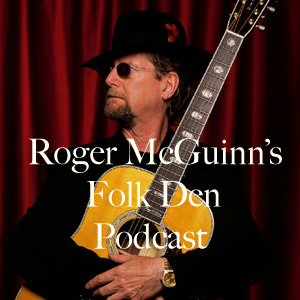
Chain Gang
National Museum of American Art
Smithsonian Institution,
Washington, D.C.
This song is actually made up of two traditional songs combined by Lead Belly. They are prison work songs used for flat weeding. ‘Rattler’ was the name generally given to the lead search dog on a prison farm.
The name ‘Old Riley’ comes up in at least one other prison song. The line ‘Believe I’ll do like Old Riley, Old Riley walked de Brazos’ appears in ‘Ain’t No More Cane on the Brazos.’ When an inmate tried to break out of prison, he would make his way up the river bed through the shallow water, to lose his scent to the blood hounds who were in hot pursuit. This was called ‘walking the water.’ Apparently Old Riley was one prisoner who got away.
[G] Old Riley walked the [C] water,
[G] Old Riley walked the [C] water
[G] In them long hot [D] summer [G] days.
Old Riley he is gone,
Old Riley he is gone
In them long hot summer days.
[G] Riley walked the [C] water;
[G] Here, [D] Rattler, [G] here
[G] Old Riley walked the [C] water;
[G] Here, [D] Rattler, [G] here.
Old Riley’s gone like a turkey in the corn
Here, Rattler, here.
Old Riley’s gone like a turkey in the corn
Here, Rattler, here.
Rattler come when I blow my horn
Here, Rattler, here.
Old Rattler come when I blow my horn
Here, Rattler, here.
Old Rattler’s got him a marrow bone,
Here, Rattler, here.
Old Rattler’s got him a marrow bone,
Here, Rattler, here.
Old Riley’s gone like a turkey in the corn,
Here, Rattler, here.
Old Riley’s gone like a turkey through the corn,
Here, Rattler, here.
Old Riley walked the water
Old Riley walked the water
In them long hot summer days.
Combination of traditional Words & Music by Huddie Ledbetter.
Another variation is here:
Here Rattler Here
Old Riley crossed the water,
On them long hot summer days
Old Riley crossed the water.
On them long hot summer days,
Oh Sic ‘im, oh sic ‘im
Oh sic ‘im done gone,
here rattler here
Oh sic ‘im, oh sic ‘im.
Oh sic ‘im done gone,
Here rattler here
Riley crossed the water;
On dem long hot summer days
Riley crossed the water
On dem long hot summer days
He’s headed for the river;
As sure as your born.
Here, Rattler, here.
He can hear the sheriff blowin his horn
Here, Rattler, here.
Here old rattler
Here rattler here
Hey old rattler
Here rattler here
Oh Sic ‘im, oh sic ‘im
Oh sic ‘im done gone,
here rattler here
Oh sic ‘im, oh sic ‘im.
Oh sic ‘im done gone,
Here rattler here
Riley crossed the water;
On dem long hot summer days
Riley crossed the water
On dem long hot summer days
He’s headed for the river;
Where we can’t go.
Here, Rattler, here.
Headed up north for freedom land
Here, Rattler, here.
Hey old rattler
Here rattler here
Hey old rattler
Here rattler here
Oh Sic ‘im, oh sic ‘im
Oh sic ‘im done gone,
here rattler here
Oh sic ‘im, oh sic ‘im.
Oh sic ‘im done gone,
Here rattler here
Old Riley crossed the water
In them long hot summer days.
Old Riley crossed the water;
In them long hot summer days.









